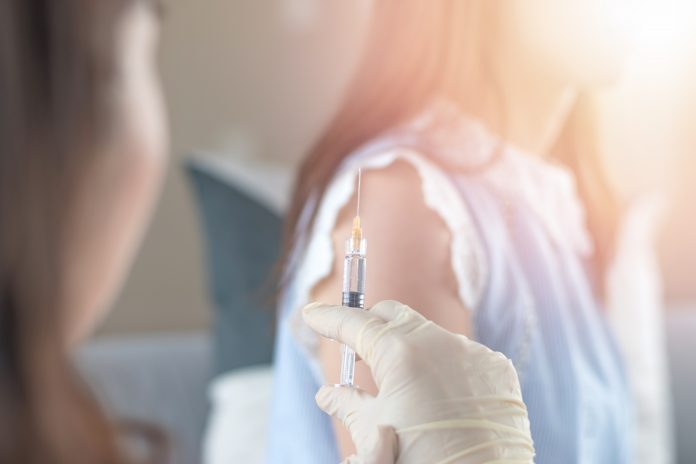Australian experts have advised that while Novavax’s NVX-CoV2373 protein-based Covid-19 vaccine candidate has shown positive results with a vaccine efficacy of 89.3%, which are encouraging they must be considered carefully.
On Thursday 28 January, the biotechnology company said NVX-CoV2373 met the primary endpoint, with a vaccine efficacy of 89.3% in its Phase 3 clinical trial conducted in the UK.
The study assessed efficacy during a period with high transmission and with a new UK variant strain of the virus emerging and circulating widely.
Novavax also announced successful results of its Phase 2b study conducted in South Africa.
“With today’s results from our UK Phase 3 and South Africa Phase 2b clinical trials, we have now reported data on our Covid-19 vaccine from Phase 1, 2 and 3 trials involving over 20,000 participants.
“In addition, our PREVENT-19 US and Mexico clinical trial has randomised over 16,000 participants toward our enrolment goal of 30,000.
“NVX-CoV2373 is the first vaccine to demonstrate not only high clinical efficacy against Covid-19 but also significant clinical efficacy against both the rapidly emerging UK and South Africa variants,” says Stanley Erck, President and Chief Executive Officer, Novavax.
However, experts in Australia have shown mixed reactions expressing the news should be treated with caution.
“These results have not been subject to a peer review process and the reported vaccine efficacy of 89.3% (UK trial) is only an estimate.
“Interim analysis was based on only 62 individuals; however, it is promising that Covid-19 transmission was significantly lower in those who received the vaccine compared with those that received only a placebo,” Senior lecturer (Medical Sciences) with the Faculty of Health Sciences at The Australian Catholic University and visiting Research Fellow with The Prince Charles Hospital (Brisbane), Dr Roger Lord says.
“The emergence of the more virulent strains of Covid-19 during the UK clinical trial has been fortuitous for Novavax, providing evidence that the vaccine has efficacy against Covid-19 and UK and South African variants.
“This does not mean, however, that Covid-19 vaccines from Pfizer, Moderna or Oxford-AstraZeneca are less effective, only that currently clinical data is lacking to confirm efficacy against the variants, Dr Roger Lord concludes.
Professor Raina MacIntyre, Head of the Biosecurity Program at the Kirby Institute at the University of NSW is an expert in influenza and emerging infectious diseases and says the news from Novavax is mixed as this is the first efficacy data seen from a protein-based vaccine.
“This is also the first evidence that clinical efficacy is reduced against the variants of concern that have arisen in the UK and South Africa.
“In the UK, it was 95% against the original SARS CoV 2 and 85% against the B117 UK variant. Overall this was 89%.
“More worryingly, in South Africa, where the B1351 variant was dominant, it was only 60% effective, and as low as 49% when HIV infected people were included in the analysis.
“B1351 in South Africa and P1 in Brazil have two additional sites of mutation compared to the UK B117, so may be more resistant to vaccines, now confirmed by the Novavax data,” says Ms MacIntyre.
She calls for an urgent need to know the efficacy of other vaccines in the Australian plan, such as Astra Zeneca and Pfizer, against these variants, and plan accordingly.
“They all target the same protein, so we can expect reduced efficacy to variant strains with these vaccines.
“These are likely to become the dominant strains globally and are more contagious, and the B117 appears to be more severe.
“In Manaus, Brazil, the P1 variant, which has mutations in the same three regions as the South African variant, seems to be infecting people who were already infected in 2020, so it’s like a new pandemic.
“Meanwhile, our border control measures are more important than ever to mitigate the risk of variant strains causing an epidemic here.
“Additionally, the data also tell us that we need high efficacy vaccines for immunosuppressed people, as they do not respond as well,” she says.










